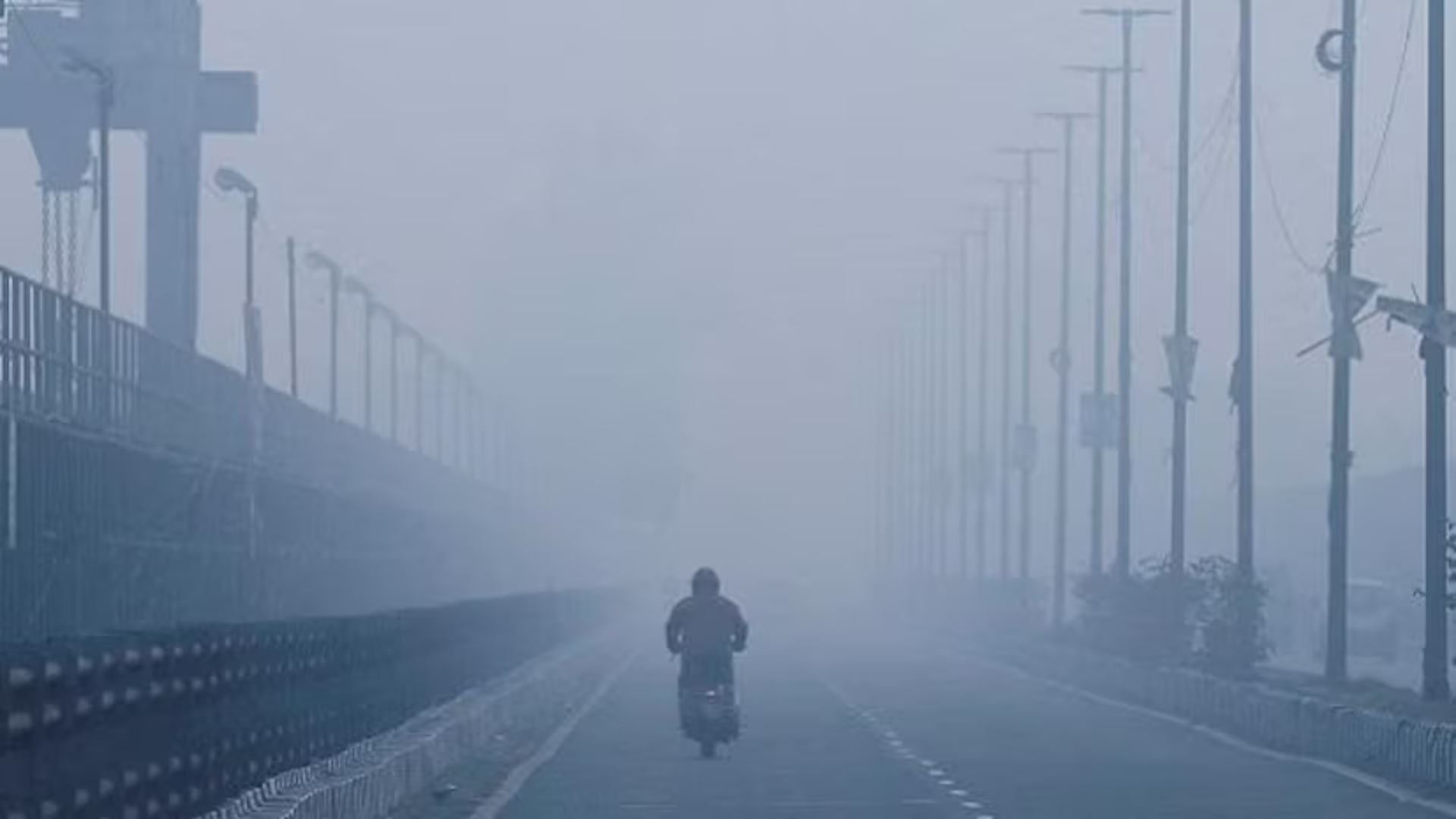The ongoing conflicts in Ukraine, Gaza, and Syria have left many concerned about the potential for these tensions to escalate into a nuclear war. A recent Bharat Pulse Survey reveals that 51% of respondents fear the risk of nuclear conflict due to these global crises, while 45% feel less concerned, and 5% remain uncertain. With 4% unable to express a clear opinion, these results reflect the widespread anxiety among the Indian public about the future of global security.
In a world where nuclear weapons continue to be a reality, the fear of their use in the context of ongoing conflicts has become more tangible. The survey’s finding that over half of the respondents express fear of global conflicts escalating to nuclear warfare highlights the fragile state of international relations. The war in Ukraine, the instability in Gaza, and the enduring strife in Syria have become flashpoints that could potentially ignite wider regional or even global confrontations.
The 51% “Yes” responses indicate a profound sense of insecurity, especially as countries with nuclear capabilities are directly involved in these crises. The threat of escalation — through miscalculations or deliberate provocations — makes the issue even more alarming for ordinary citizens.
On the other hand, 45% of those surveyed do not believe that these global conflicts will lead to a nuclear war. This group may rely on historical patterns where major wars did not escalate into nuclear conflicts. They might also hold faith in diplomatic efforts and international pressure preventing such a catastrophic event. While the possibility of nuclear escalation remains a global concern, these individuals are cautiously optimistic about the power of diplomacy and conflict resolution mechanisms.
Interestingly, 5% of respondents are unsure about the future, while 4% cannot offer a definitive stance. These percentages represent the complexities of global geopolitics and the unpredictability of future events. The possibility of unforeseen developments or a sudden shift in international relations might make it difficult for many to form a clear opinion. It’s clear that for some, the path forward remains ambiguous, with hope for peace, but also an underlying fear of potential escalation.
As global tensions continue to rise, the need for proactive diplomacy, international cooperation, and conflict de-escalation becomes increasingly urgent. The survey results suggest a public that is both deeply concerned and cautiously hopeful. For India and the world at large, the stakes have never been higher in ensuring that these regional conflicts do not spiral into a global nuclear catastrophe.

















